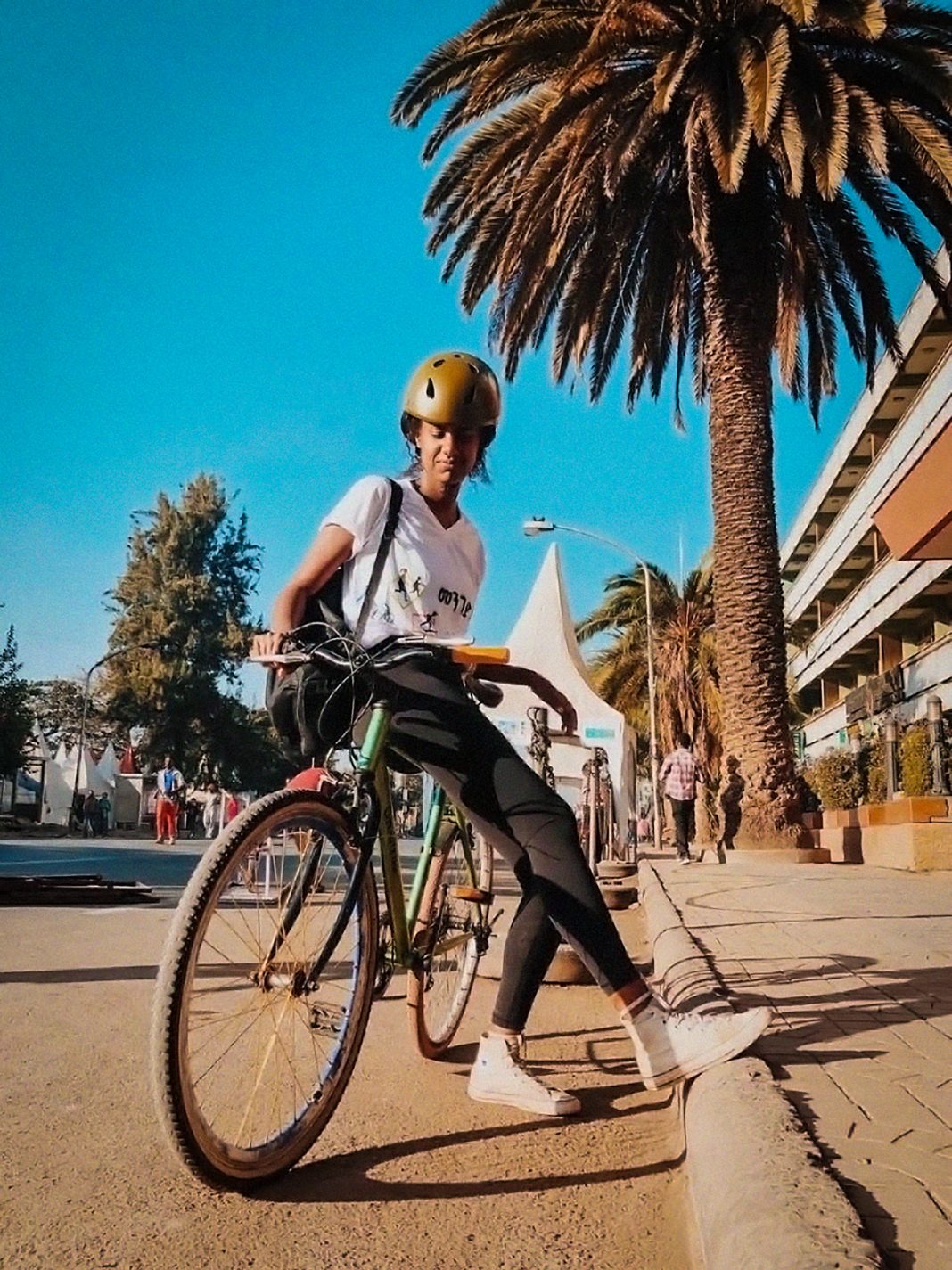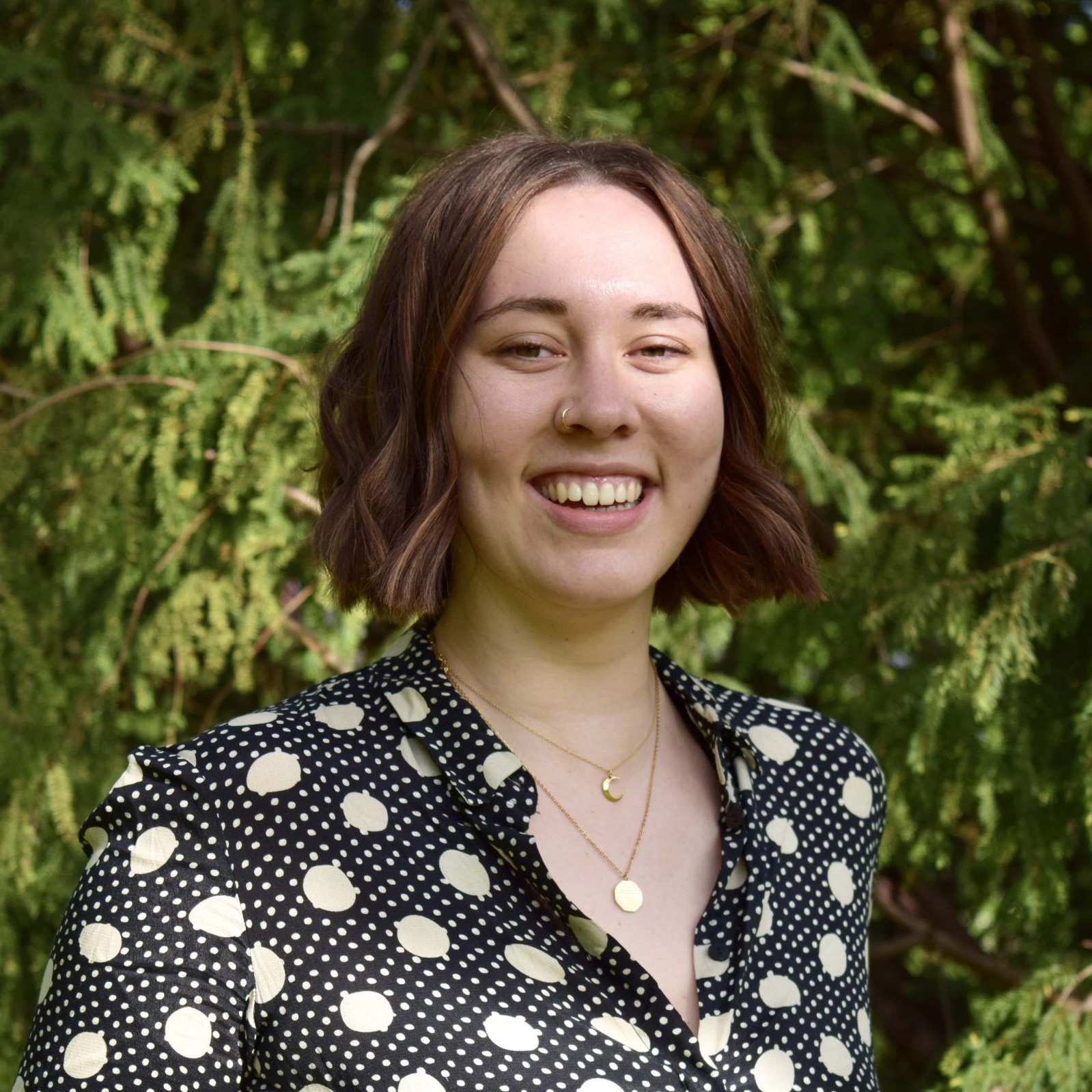When more than half of the population doesn’t own private vehicles, but the city still has no significant cycling infrastructure, change is overdue. We talked with CityChanger and Young Leader Seble Samuel, co-founder of the open streets movement in Addis Ababa, about cycling in Ethiopia, problems female cyclists face, and her fight for climate justice.
Seble Samuel, co-founder of Menged Le Sew – Ethiopia’s open streets movement – has found her calling in fighting for climate justice and combining it with her work in urban mobility in Addis Ababa, the capital of Ethiopia.
Growing up in Canada, she first got interested in climate activism when she learned about the Canadian tar sands project – the world’s largest industrial project that is incredibly damaging to the environment. “I was horrified and really wanted to mobilise and organise for climate activism and justice.”
Her interest in mobility, however, occurred later when moving to Ethiopia. “I have never lived in a city as chaotic as Addis Ababa. Cycling is normally how I’ve gotten around in most places I have lived in, but it was kind of terrifying to do that here.”
Ethiopia – Infrastructure Built For the Minority
Different to European and North American cities, only a few people own private motor vehicles, “though that is not because everyone’s a tree-hugging environmentalist. It’s out of economic struggle; people don’t have the ability to buy a car.”
Hence, people in Ethiopia are either walking or cycling. Especially in secondary cities, pedestrians and cyclists take up 90% of the population. This majority of cyclists offers an opportunity to create an equal and green city environment.
However, in Addis Ababa, there is barely any cycling infrastructure. The city has attempted to improve the situation by setting up targets to implement 1500 kilometres of new cycling lanes and sidewalks within the coming decade. But right now, “it is still scary to cycle; you have to be a little bit daring and brave to try it.”
Lack of Safety – Lack of Female Cyclists
Besides the missing infrastructure, you’ll see another big problem in the capital if you look at who clearly dominates the cycling lanes: It’s men, by far. Seble herself jokes about the fact that she only knows two other Ethiopian women who cycle regularly, one of them being a close friend of hers. As the majority of cyclists is male, the sight of Seble – and women in general – on a bike is shocking to many.
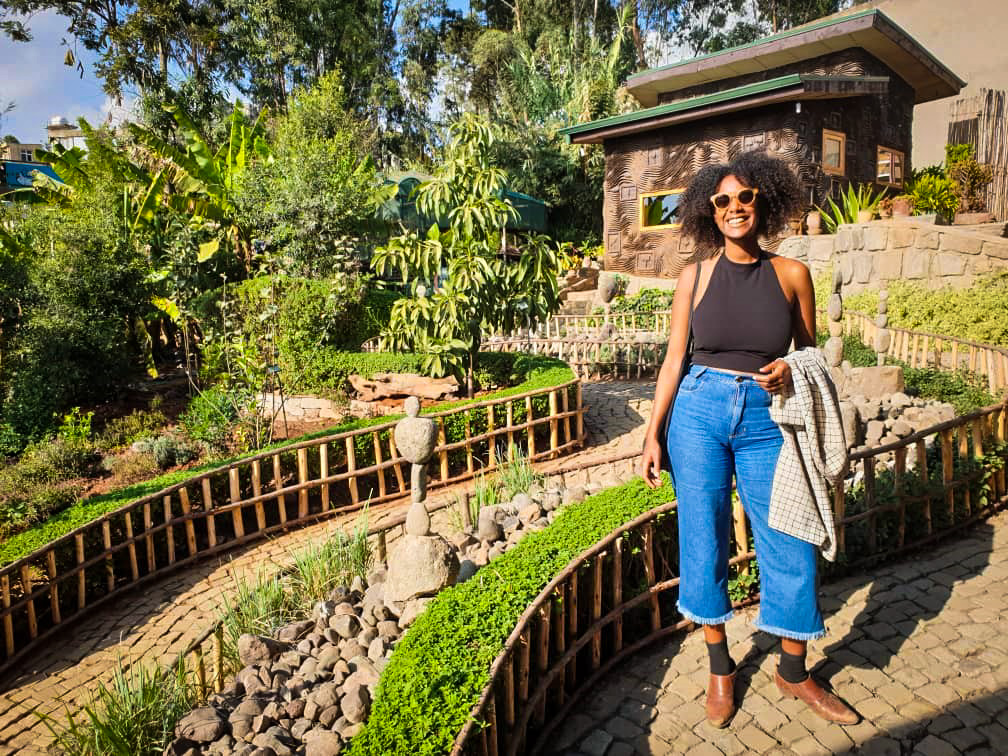
To conquer the gender discrepancy in cycling, the city has set up the target to have 50% of cyclists be female within the next years. For that, teaching cycling programmes and education programmes on the benefits of cycling are set up.
These targets and measures are nice and necessary, but they do not reflect the reality of women in Addis Ababa. Women are not cycling not only because they haven’t learned to or don’t know of cycling benefits or because the lack of infrastructure scares them off. The root of the problem lies elsewhere.
Lurid comments from drivers, honking cars, whistling- female cyclists in Addis Ababa are not only met with disbelief and shock but with verbal sexual harassment en masse. Women all over the world have to deal with catcalling, but in the Ethiopian capital, the situation for female cyclists is especially horrendous, Seble tells us: “Honestly, the harassment that I hear when biking is so much worse than when I’m walking, and that’s already terrible”.
Measures to improve infrastructure and teaching lessons cannot sufficiently convey female cyclists a sense of safety, and without that, the gender parity targets of Addis Ababa are not achievable. Consequently, as Seble emphasises, cycling movements need to merge different social justice struggles into one to stop verbal sexual violence. You can’t create a safe city environment or a cycling movement for everyone without tackling issues like patriarchy and sexism.
Hence, it is crucial to have women and other marginalised groups participate in conversations on how to make a city safe for everyone. The idea of safe public space was one of Seble’s first motivation behind creating open streets in Addis Ababa.
Menged Le Sew – Streets For the People
The idea behind Ethiopia’s open streets movement Menged Le Sew originally started in 2018 in a rather unexpected place – a minibus. By chance, Seble met one of her friends there, and, as there is no better place to talk about mobility than a crowded bus, the two started sharing their ideas.
Seble knew about open streets movements thanks to her time in Latin America. Especially Bogotá’s Ciclovías are known worldwide, and while open streets movements exist in over 496 cities in 27 countries all over the world, there are only a few examples in Africa. The best-known one, according to Seble, is Open Streets Cape Town, which interestingly was co-founded by a Colombian. As if fate would have it, in October 2018, Cape Town organised an open streets exchange Seble could participate in.
With the insights from this exchange and newfound connections to other Ethiopian activists, Seble helped start an organising group, a collective of people from different parts of the city, from research organisations to civil society members.
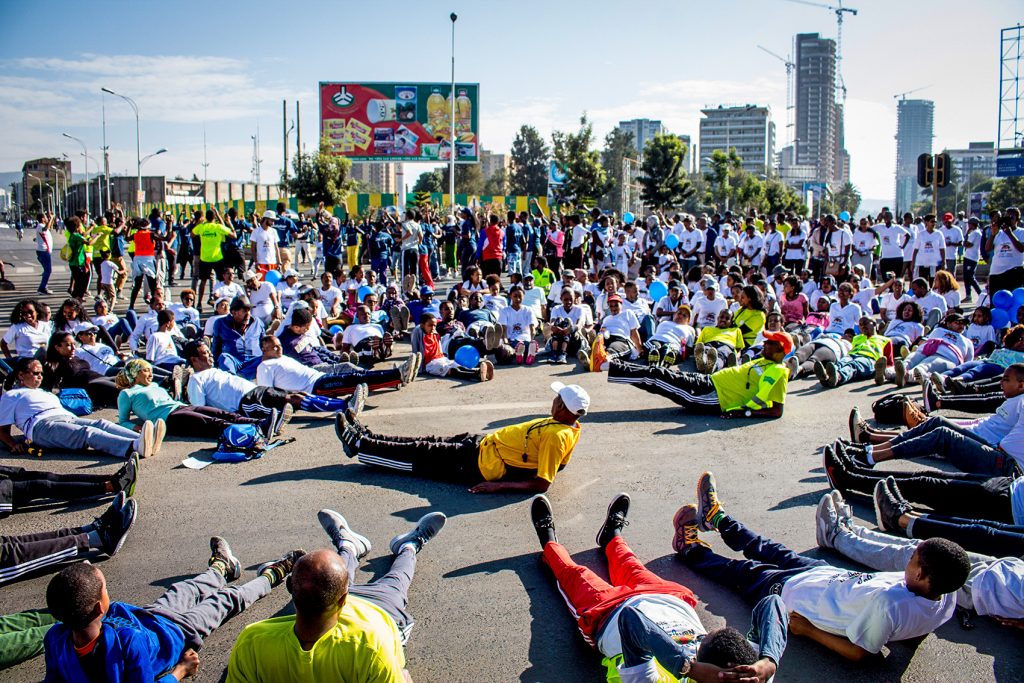
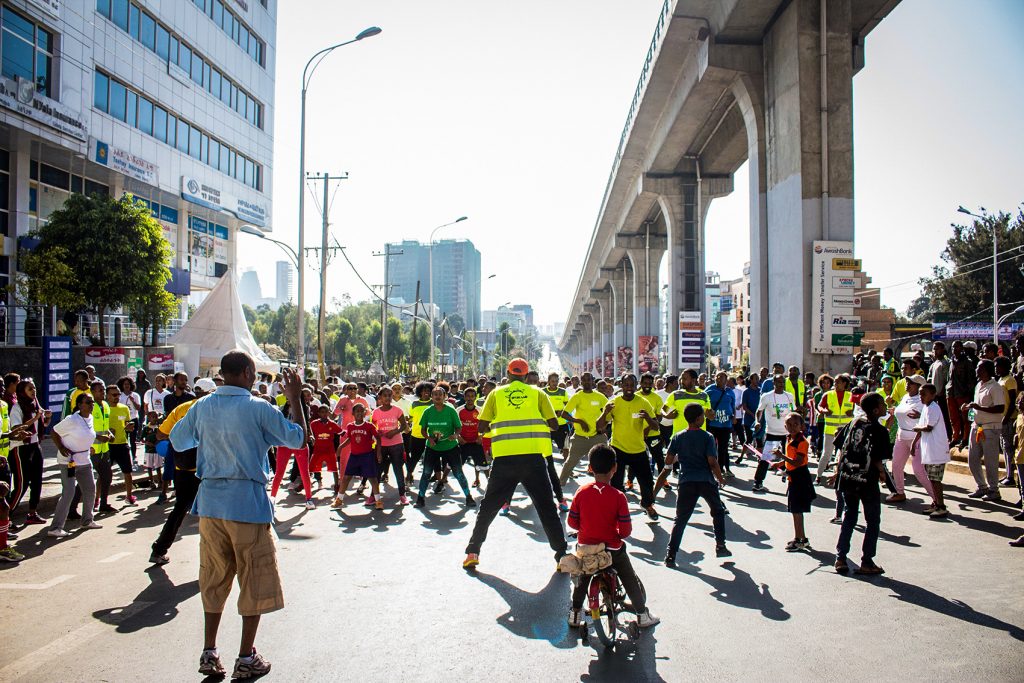
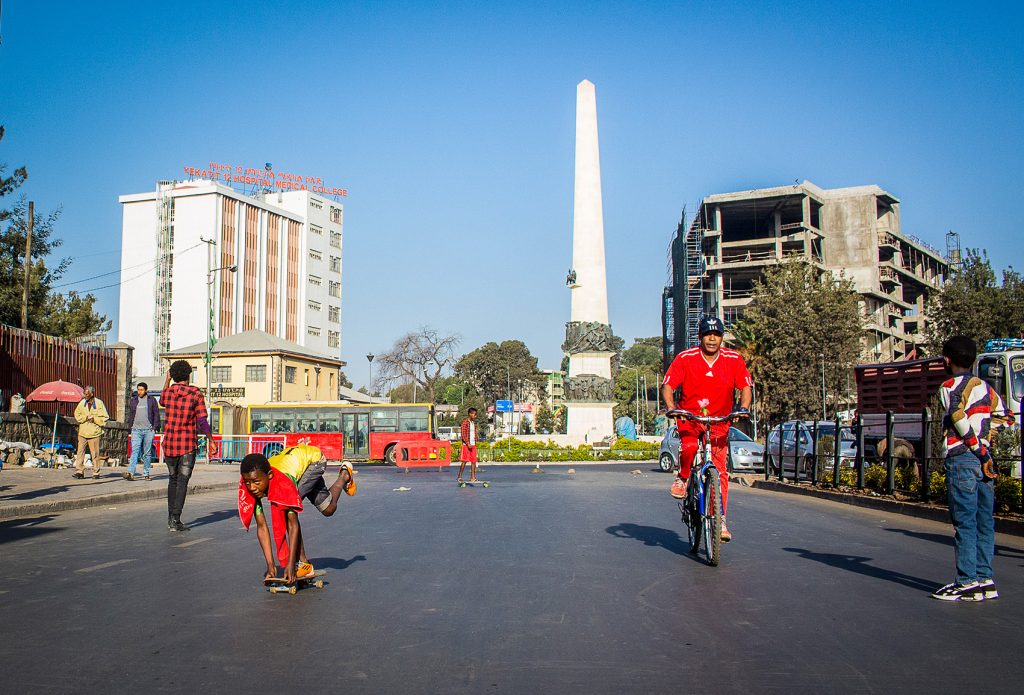
Rather than rushing the movement, they thoroughly analysed the best way to implement open streets in the Ethiopian capital. They chose six different locations at the beginning and blocked off around 15 kilometres of the streets.
What makes this now-monthly event stand out is the intense focus on the community. As Seble tells us, they are working together with many different organisations, from the Health Bureau and to different environmental organisations all aligned under the mission to improve city life, the environment, and social connections “at a time when the city is really stratifying socio-economically”.
A beautiful result of these various organisations is the diversity and sheer amount of people seen on the open streets: “If we invite the skate teams, they have their own whole communities of skateboarders. So, they bring them to take part”.
“It multiplies, when you invite all these other different people to participate, they bring their communities with them, and then it grows.”
The movement became so popular that communities started blocking streets themselves. Seble acknowledges that this was the initial goal: “We want this to continue without us, for it to be something that’s just part of the community”. While the movement has already spread to other Ethiopian cities, it’ll hopefully become a nation-wide phenomenon, ideally happening at a higher frequency, developing from a monthly to a weekly event.
“We’ve been really clear about this, it’s not just supposed to be fun Sunday programming, we want to change the city, we want to show that most people don’t move in private vehicles, they move with their own two feet or in public transportation, and that needs to be reflected in how we plan the city.”
Combining Art With Advocacy
Besides organising Menged Le Sew monthly, Seble is also the sustainability and environmental lead for the Global Shapers Addis Ababa Hub, where she helps fight the growing plastic pollution in Ethiopia.
Combining advocacy with art, they started the collaborative campaign Ye Zembil Melse, Zembils being traditional woven baskets that people would commonly take to markets before plastic even existed.
Seble is convinced of the power of art: “Art speaks to everyone, no matter what your background is, where you come from. It moves you, most people listen to music or watch films or theatre, and read books or poetry, and that impacts you. It doesn’t feel like you’re preaching when you make art. It’s much more effective to connect artists with any movement if you want to have an impact beyond your niche.”
“If you want to move people, to inspire them to change collectively, you need art.”
Not only is the purpose of the campaign to show plastic alternatives to individuals, but Seble also advocates for a national bill proposed by the environment commission to the Ethiopian parliament. The bill plans to ban single-use plastic bags completely but has not yet been implemented. Additionally, Seble is working on a plastic-free guide for Addis Ababa.
Seble’s Advice for CityChangers
First and foremost, Seble emphasises the importance of embracing diversity and different perspectives: “We all have totally different capacities to make a change, and in a coalition, you can reach way more people, and your impact will reflect what your society wants.” Don’t forget to look beyond the conventional ally: “Everyone has different talents, different abilities – if you put them together, you can make your impact so much bigger.”
Working in the field of climate justice is hard and frustrating. However, whilst Seble admits she, too, can’t help but become cynical sometimes, she feels inspired by people all over the world mobilising, creating change.
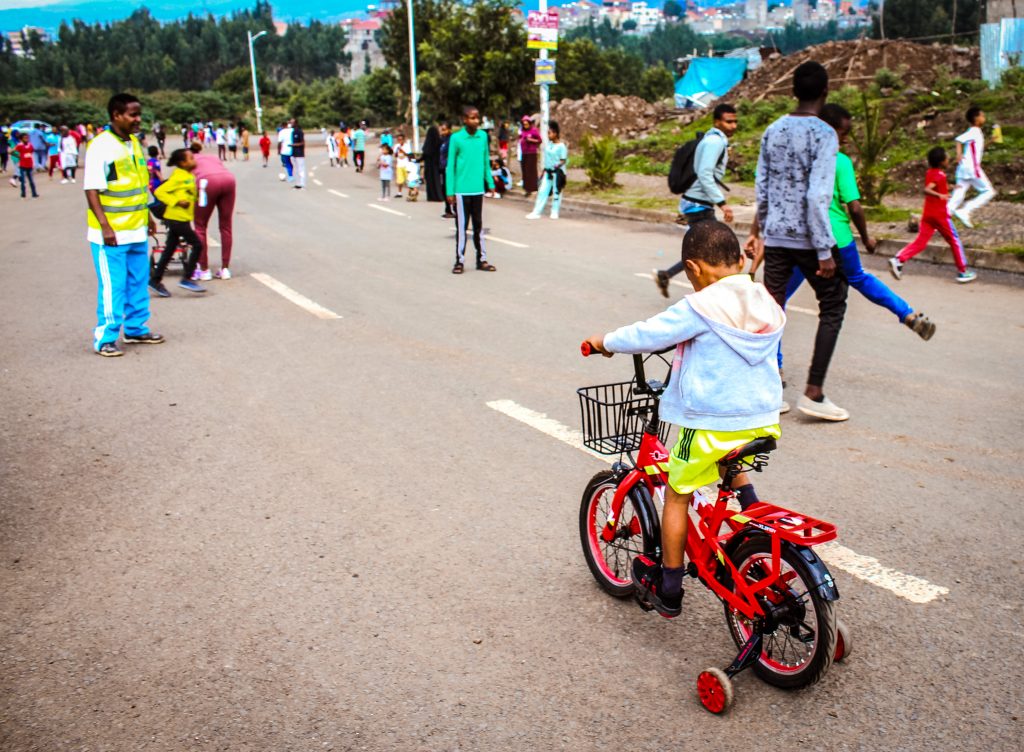
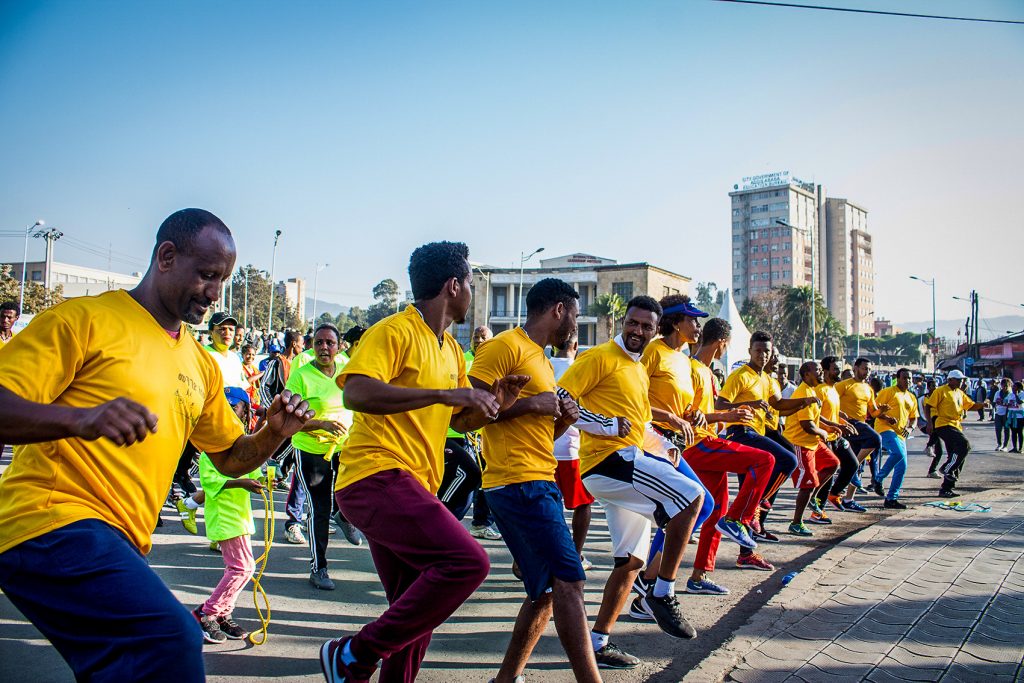
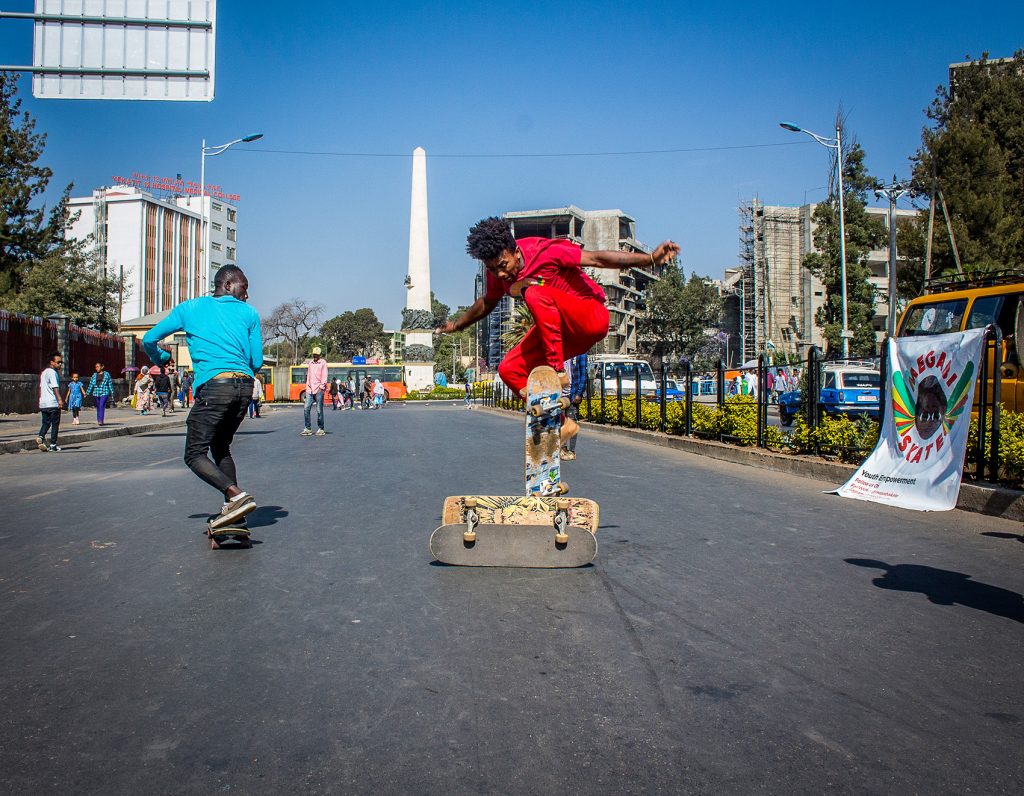
“Ultimately, we’re on this planet, and we should care about it. And even if we don’t care about the planet, we care, hopefully, about our own survival.”
“You always have to try to do everything you can, and even if it doesn’t work out, at least you tried everything. Whereas just sitting somewhere being apathetic about things really doesn’t help.”
In a Nutshell…
Seble’s inspiring idea of Menged Le Sew has grown into a wonderful programme that keeps on growing and has affected her community in the best way. It shows the importance of diversity in urban mobility and climate justice movements to really reach each and every resident in your city.

